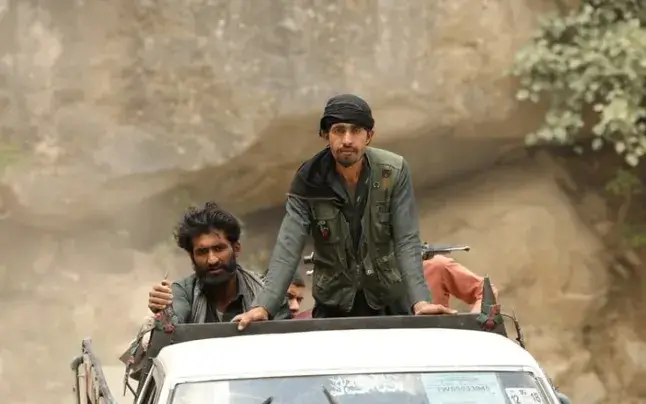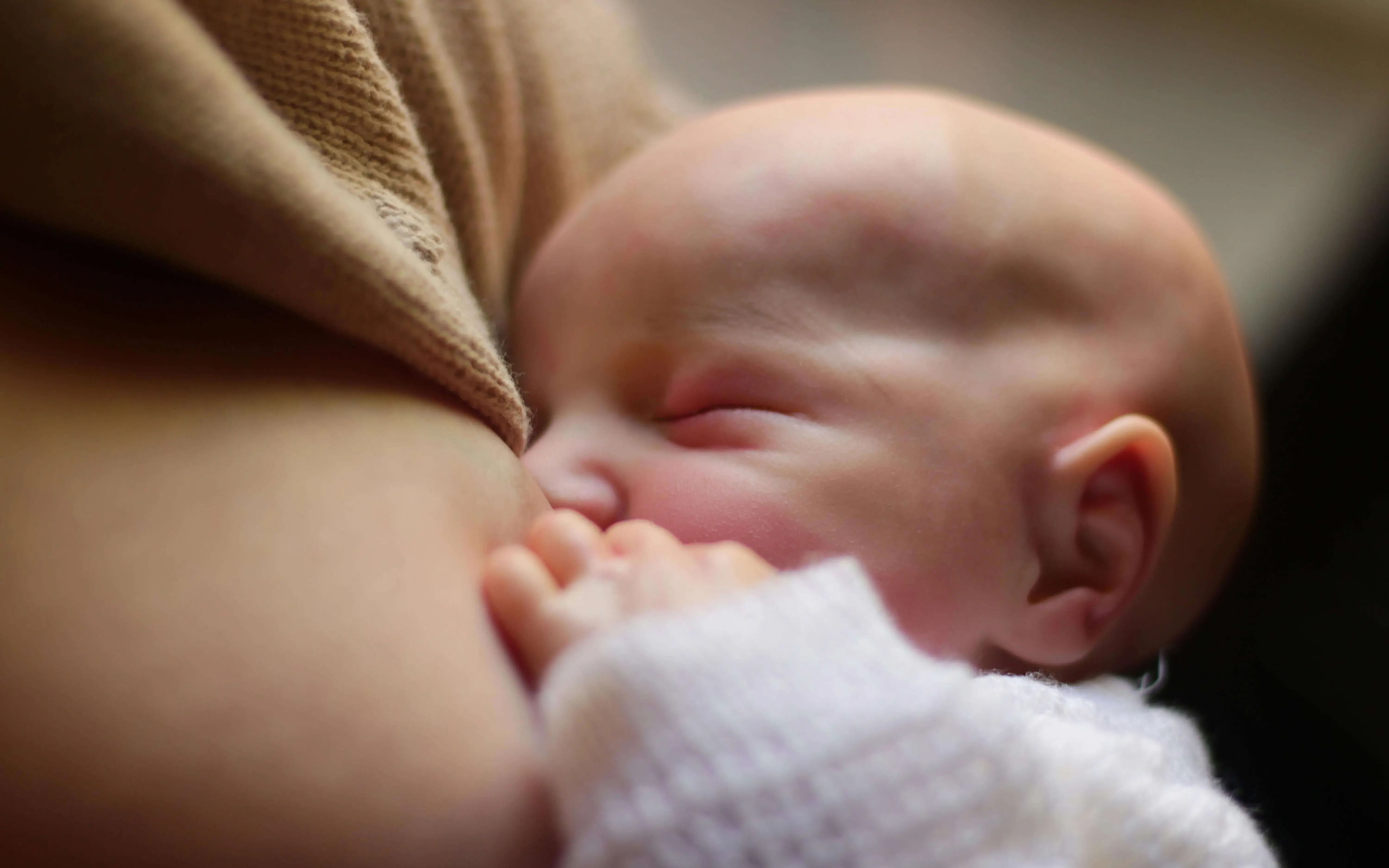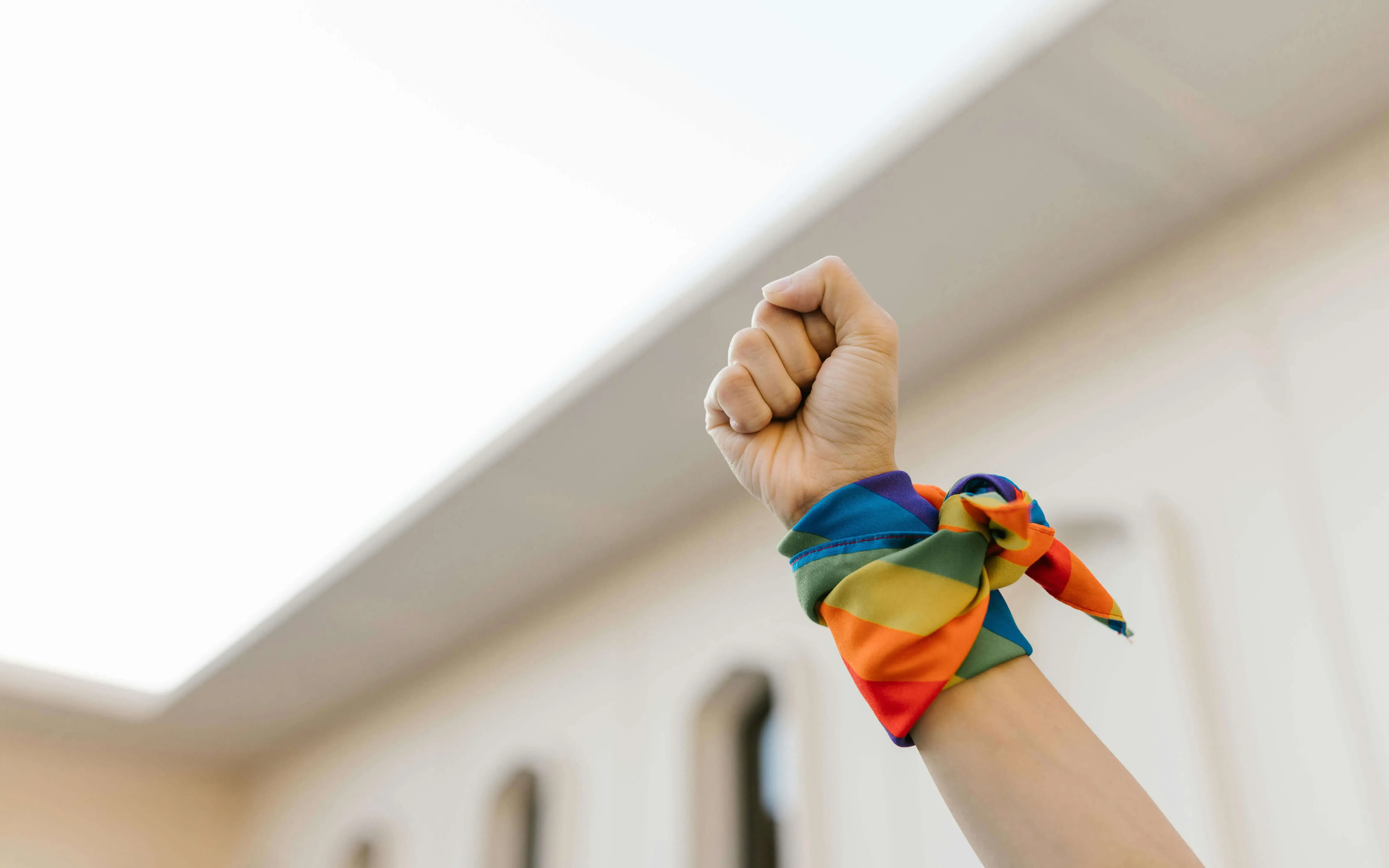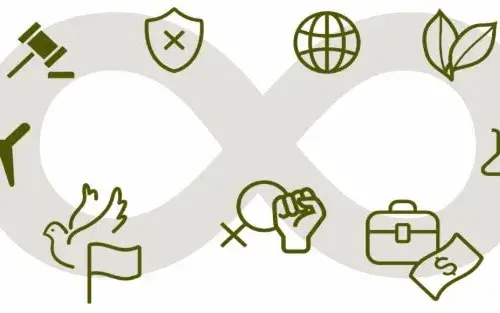Homosexuality, which is a fairly common practice among young and adult men, is not recognized as an orientation and is considered a sin and serious crime, and is strictly prohibited by Sharia law.
Humiliating and attacking homosexual people by organized homophobic groups is a practice that has spread in some countries. Last August, in Afghanistan, a gay man was raped and tortured by a gang of men. The trap was a false promise to evacuate him from the country after the Taleban took it.
Afghanistan is one of the countries where the LGBTI community is most threatened. In 2018 a new criminal code entered into force that criminalises sexual behaviours among same sex people. The previous code, which had been in force since the invasion by the USA included long prison sentences and classified homosexuality in honour killings as a reason for minor punishment.
In the new criminal code, male sexual acts can are punishable by up to 2 years in prison while female sexual acts up to one year in prison. The law includes death penalty for homosexuals engaging in sexual acts between same-sex individuals and has been applied in some cases.
With the reinstatement of the Taleban regime, there is a total helplessness for human rights, even when some of the Taleban representatives have publicly said they would respect them. Women are their first target, but so are people from the LGBTI community.
The LGBTI community, which already lived in hiding and exile, now lives with fear of being persecuted and killed under Sharia law. The freedom of women is totally limited, they live subject to men, whether their father or their husband, they have no right to education and can’t participate in sports or show their faces, or leave their homes alone, or work; they live under a sort of domicile arrest that hides them under a burka and denies all their rights. The prospect for LGBTI people doesn’t seem to be any better.
Homosexuality, which is a fairly common practice among young and adult men, is not recognized as an orientation and is considered a sin and serious crime, and is strictly prohibited by Sharia law. During the prior stage of the Taleban regime, cruel punishments were used for people accused of homosexuality and sodomy, such as being crushed by a wall, stoned to death or beheaded.
Several people from the LGBTI community in hiding have expressed panic to being executed by the regime, which does not tolerate the community, without a prospect to leave the country and having to heighten their caution, which they already did, in a country where it was already considered a crime.
Globally, feminist and LGBTI associations have expressed their concern with regards to the situation of women and LGBTI people and are calling for the Taleban regime to respect their rights and reclaiming that the international community provide urgent humanitarian aid and protection to all people in Afghanistan and to use the necessary political mechanisms to end violence in the country.
In the same way, neighbour countries have repeatedly been asked to open their borders to refugees and asylum seekers and to facilitate their evacuation, prioritizing women and LGBTI people.







Add new comment